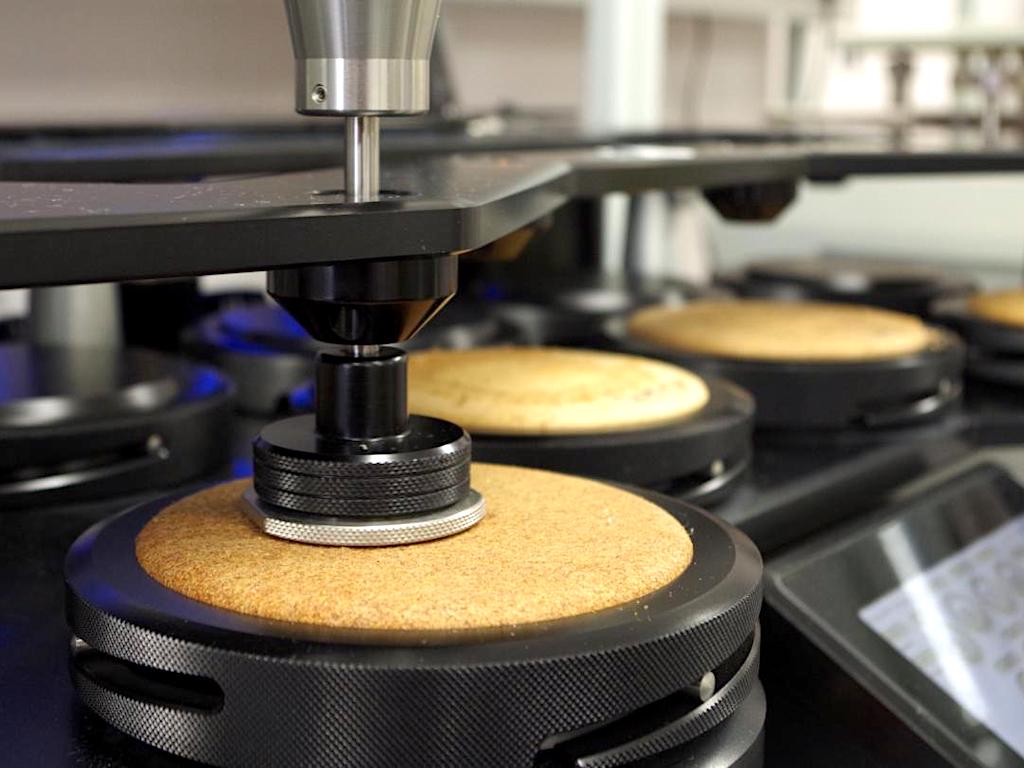
Our planet is suffering from the deluge of plastics polluting our ocean and environment, harming biodiversity, animals and fuelling climate change. Even if we slashed plastic consumption by 80%, we’re still looking at dealing with an astonishing 710 million tonnes of waste littered across the Earth. Simply put, the planet is running out of time and we’re going to come up with a lot of solutions to fix the plastic crisis.
Enter these material startups, who are rising to the challenge and incorporating novel material science and circular technologies that could make a difference to the ongoing fight against plastic pollution.
The startups showcased their solutions at the virtual Rethinking Materials Summit in May; each is coming up with unique solutions that could transform the plastic and materials supply chain. Let’s take a look.

1. Algaeing
Founding date: 2016
Headquarters: Tel Aviv, Israel
Founders: Renana Krebs & Dr. Oded Krebs
Solution: Bio-based materials
Israeli textiles innovation firm Algaeing by Algalife is a female-led startup harnessing the power of algae to make eco-friendly fibres. The startup, who recently won the VWS Pathfinder pitch competition, has developed a proprietary method to spin sustainable bio-fibres in a 100% closed loop system, as well as create dyes that are made with algae.
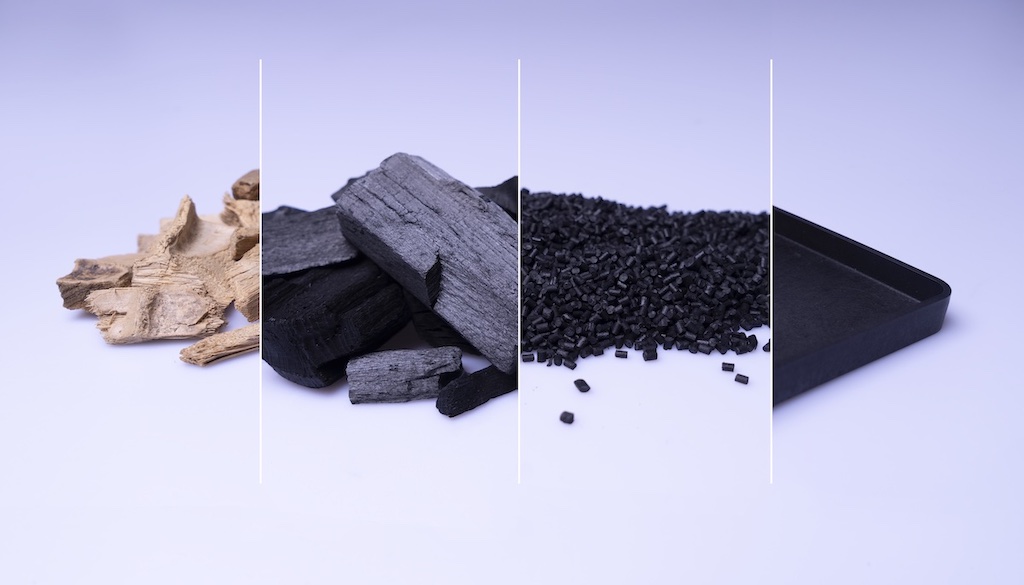
2. Carbonauten
Founding date: 2017
Headquarters: Giengen, Baden-Württemberg, Germany
Founders: Christina Granacher, Alejandro M., Torsten Becker
Solution: Bio-based materials
Carbonauten has come up with a system that slashes both the carbon footprint and cost for companies and municipalities to produce its NET Materials. The technology involves making the material from carbon-lowering biocarbons with different binders, using local biogenic residues and waste materials, then leaving behind only renewable energy as a by-product.
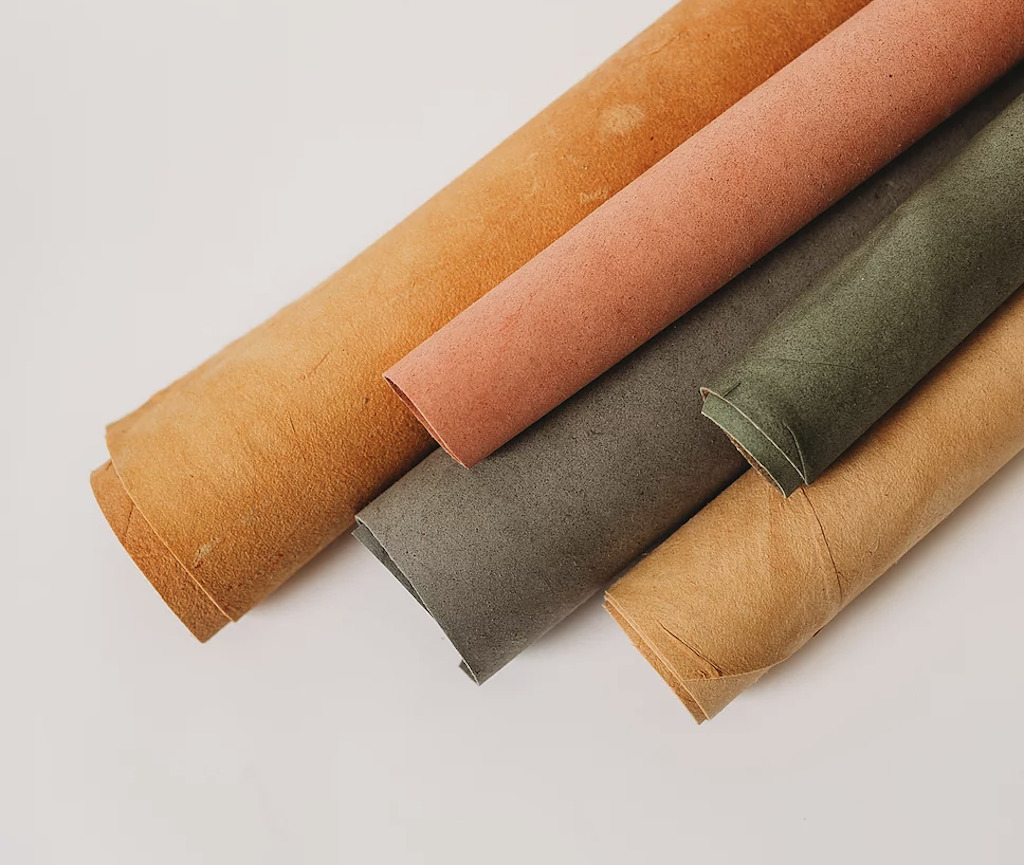
3. Gelatex Technologies
Founding date: 2016
Headquarters: Tallinn, Harjumaa, Estonia
Founders: Mari-Ann Meigo, Märt-Erik Martens
Solution: Bio-based materials
Estonian startup Gelatex Technologies creates cost-efficient bio-based nanofibres, making it possible for large companies to incorporate their fibres and polymers on a mass scale without having to add extra costs to their production. According to the firm, their patent-pending tech slashes the price of bio-based fibres by 90%. These fibres can be used to make everything from eco-friendly leather alternatives to 3D scaffolds for tissue engineering.
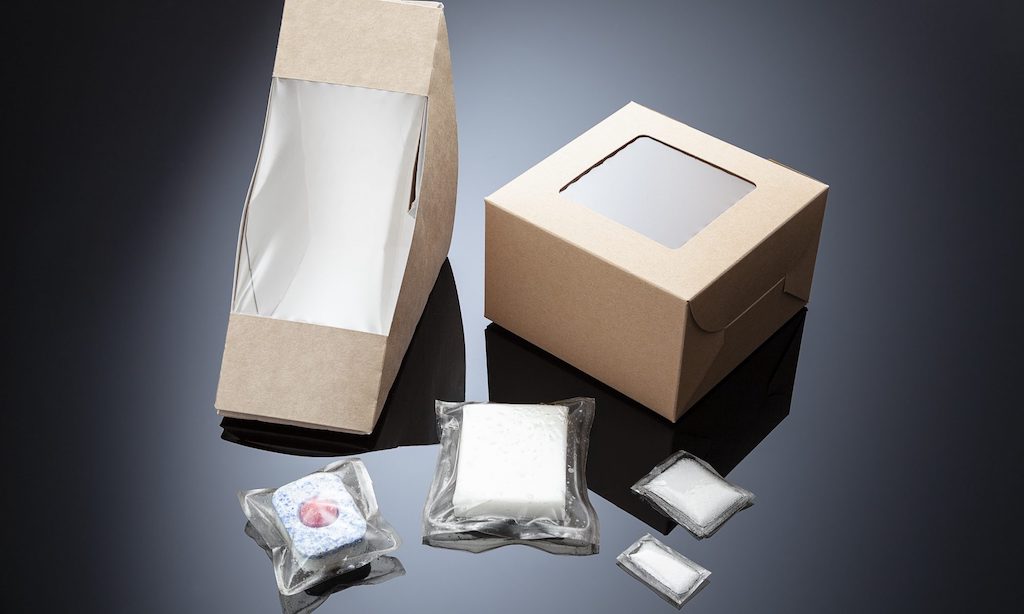
4. Xampla
Founding date: 2018
Headquarters: Cambridge, United Kingdom
Founders: Professor Tuomas Knowles, Dr. March Rodriguez Garcia, Simon Hombersley
Solution: Bio-based materials
A spin-off from Cambridge University, British startup Xampla is tackling microplastic pollution and single-use plastic with their plant-based protein materials. Their “next-generation” material is 100% natural, decomposes fully without harming the environment, but still performs just like synthetic polymers on the market.

5. Empower
Founding date: 2018
Headquarters: Oslo, Norway
Founders: Carl Nesset, Gjermund Bjaanes, Wilhelm Myrer
Solution: Circular technologies
Empower is a Norway-based startup using digital tech, cloud data and blockchain to create their platform that seamlessly shares information on plastic waste, mapping the flows of plastic to ensure that the material ends up where it can have the highest value. Tracking plastic from production to end-of-life, where it hopefully can be repurposed into new sustainable products, the startup wishes to “close the tap on plastic waste and recreate a world without waste, a truly circular economy.”
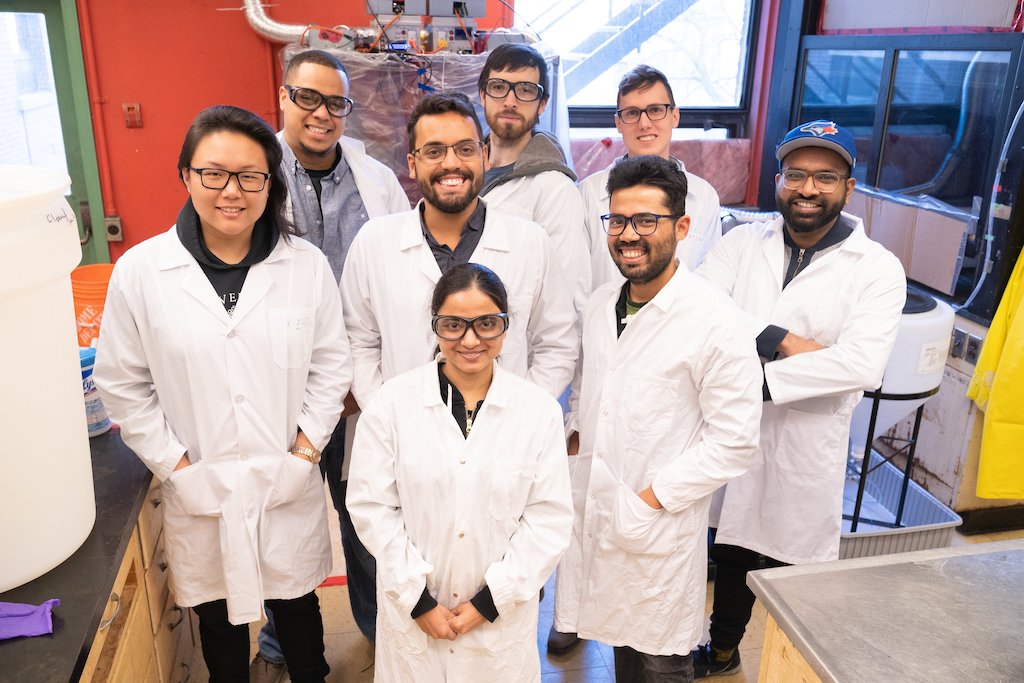
6. Genecis Bioindustries
Founding date: 2016
Headquarters: Ontario, Canada
Founder: Luna Yu
Solution: Circular technologies
Genecis Bioindustries is a biotech firm using bacteria to make new premium materials from organic waste feedstocks. Reprogramming the bacteria from low-value organic waste, the company is able to cost-efficiently manufacture high-quality biodegradable polymers that can be used to make products such as thermo-resistant packaging, compostable coffee pods and even 3D-printing filaments – taking fossil fuels out of the equation in production.
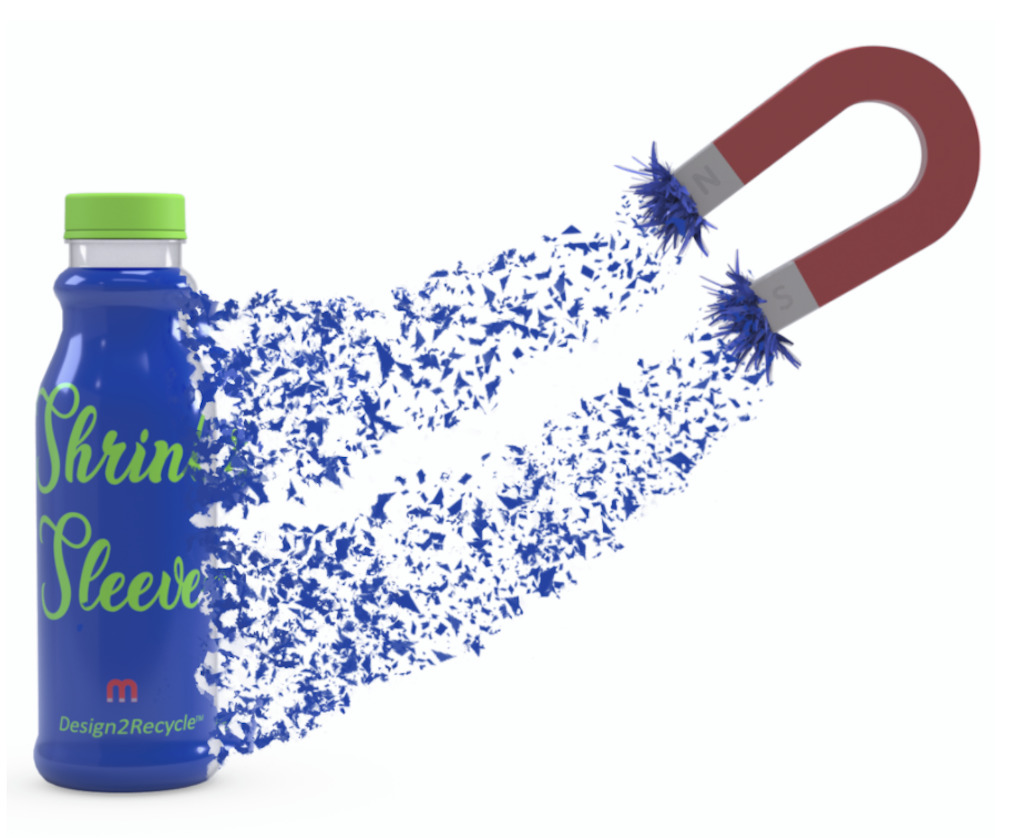
7. Magnomer
Founding date: 2017
Headquarters: Boston, Massachusetts, United States
Founders: Kumaril Kapadia, Ravish Majithia, Vishal Salian
Solution: Circular technologies
Magnomer makes novel magnetic inks that can be used in plastic packaging, which enables enhanced recycling for the circular economy. Their inks can be “seamlessly integrated” into current packaging materials, which makes it easier for firms to adopt the technology and allow for improved separation of products for recycling when it comes to their end-of-life.
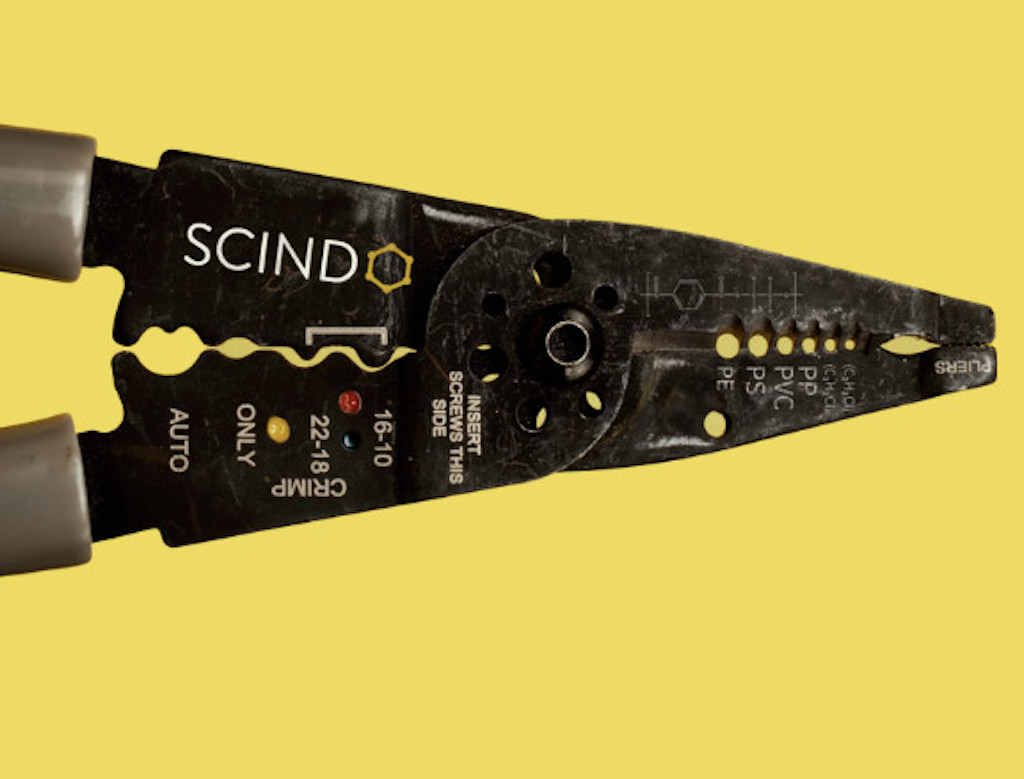
8. Scindo
Founding date: 2020
Headquarters: London, United Kingdom
Founders: Benjamin G. Davis, Gustaf Hemberg, Juliet Sword
Solution: Circular technologies
Cleantech startup Scindo is using enzymes to recycle what the company dubs “the unrecyclables”. Their tech enables plastic polymers from items that cannot be efficiently recycled to be broken down into useful molecular components, which can then be used as a cheap feedstock in a range of industries – which means diversion of plastics away from landfills and incinerators, turning them towards carbon recycling instead.
Lead image courtesy of Gelatex Technologies.
The post These 8 Material Science & Circular Tech Startups Are Innovating For A Plastic-Free World appeared first on Green Queen.
This post was originally published on Green Queen.